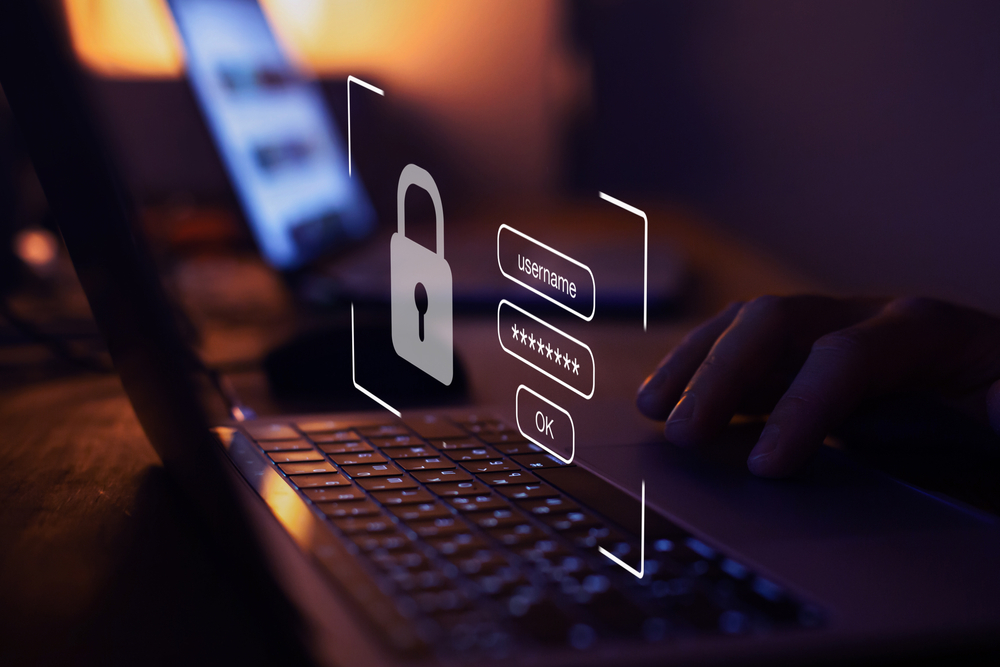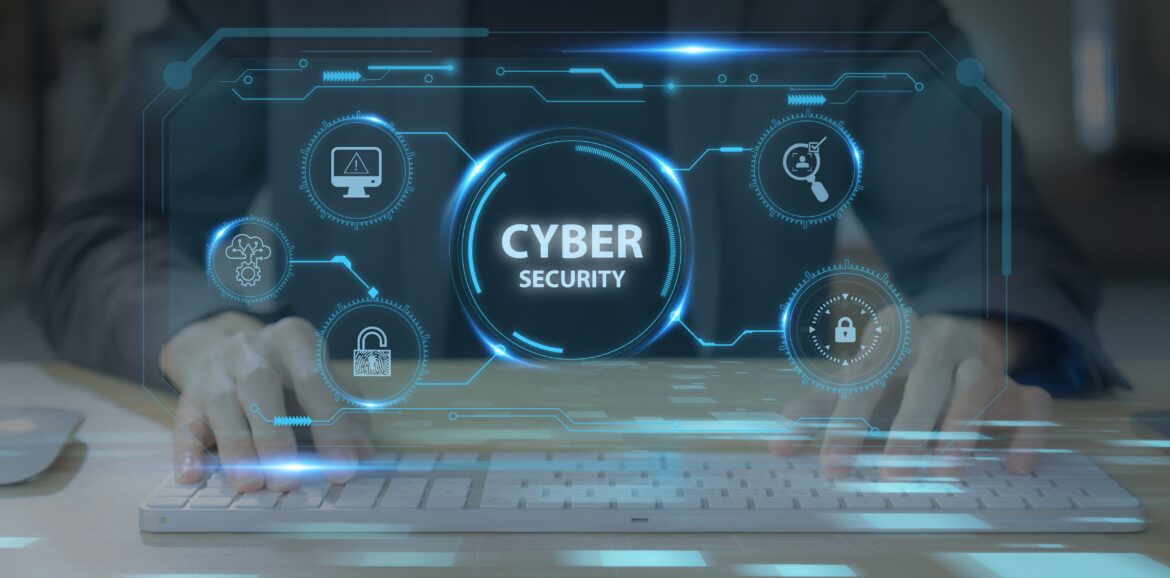Introduction:
In the current digital era, where technology infiltrates every facet of our existence, cybersecurity is more crucial than it has ever been before. With data breaches and cyber threats on the rise, the need for cybersecurity education has become paramount, especially among students. In this blog, we’ll explore the importance of cybersecurity education for students and why it’s essential to prioritize data safety in the digital realm.
Understanding Cybersecurity:
Cybersecurity encompasses measures taken to protect computer systems, networks, and data from unauthorized access, cyberattacks, and data breaches. It encompasses various methods such as encryption, authentication, access control, and threat detection, all aimed at protecting sensitive information and maintaining the integrity of digital assets.

The Importance of Cybersecurity Education:
1. Protection Against Cyber Threats: Cyber threats, such as malware, ransomware, phishing attacks, and identity theft, pose significant risks to individuals and organizations alike. By educating students about cybersecurity best practices, they become better equipped to recognize and mitigate these threats, thereby safeguarding their personal information and digital identities.
2. Prevention of Data Breaches: Data breaches can result in significant outcomes, such as financial repercussions, harm to reputation, and legal consequences. Cybersecurity education instills an understanding of the importance of data privacy and the measures necessary to prevent unauthorized access to sensitive information. By promoting a culture of data security, students learn to value and protect their data from potential breaches.
3. Preparation for the Future: As technology continues to advance, so do cyber threats. By providing cybersecurity education to students, we empower them with the knowledge and skills needed to navigate the digital landscape safely. Whether pursuing careers in technology, business, or any other field, a foundational understanding of cybersecurity is invaluable in today’s interconnected world.
4. Ethical Considerations: In addition to technical skills, cybersecurity education emphasizes ethical considerations and responsible behavior online. Students learn about the ethical implications of cyber activities, such as hacking and data theft, and the importance of respecting others’ privacy and digital rights. By promoting ethical conduct, cybersecurity education helps shape responsible digital citizens.
Implementing Cybersecurity Education:
1. Integration into Curricula: Cybersecurity education should be integrated into school curricula at an early age, starting from elementary school through higher education. Incorporating cybersecurity topics into subjects like computer science, mathematics, and social studies ensures that students receive comprehensive exposure to cybersecurity principles.
2. Hands-On Learning: Practical, hands-on learning experiences are essential for reinforcing cybersecurity concepts and skills. Activities such as cybersecurity workshops, capture the flag competitions, and simulated cyber exercises allow students to apply their knowledge in real-world scenarios and develop problem-solving abilities.
3. Partnerships with Industry and Academia: Collaboration between educational institutions, industry partners, and cybersecurity experts is crucial for providing students with relevant and up-to-date cybersecurity education. Partnerships can facilitate access to resources, guest lectures, mentorship opportunities, and internships, enriching students’ learning experiences and exposing them to diverse perspectives.
4. Promotion of Cybersecurity Awareness: Beyond formal education, promoting cybersecurity awareness through campaigns, workshops, and community outreach initiatives raises public consciousness about cyber threats and encourages proactive cybersecurity practices among students and the wider community.
5. Continuous Learning and Adaptation: Cybersecurity is a dynamic field, with new threats emerging regularly and technology evolving rapidly. Therefore, cybersecurity education should emphasize the importance of continuous learning and adaptation. Students must understand that cybersecurity is not a one-time lesson but a lifelong journey of staying informed, updating skills, and adapting to new challenges. By fostering a mindset of continuous learning, students are better prepared to navigate evolving cyber threats and contribute to the ongoing efforts to secure digital infrastructure.

6. Empowering Responsible Digital Citizenship: Beyond technical skills, cybersecurity education plays a vital role in fostering responsible digital citizenship. Students learn not only how to protect themselves from cyber threats but also how to engage with technology responsibly and ethically. They understand the impact of their online actions on themselves, their peers, and society as a whole. By promoting digital empathy, respect for privacy, and critical thinking skills, cybersecurity education cultivates a generation of empowered digital citizens who contribute positively to the digital ecosystem.
Conclusion:
As our world becomes more digitalized, providing cybersecurity education to students is not merely a choice but a fundamental requirement. By equipping students with the knowledge, skills, and ethical values needed to navigate cyberspace safely, we empower them to protect themselves, their peers, and the broader society from cyber threats. Investing in cybersecurity education today is an investment in a safer and more secure future for all.


